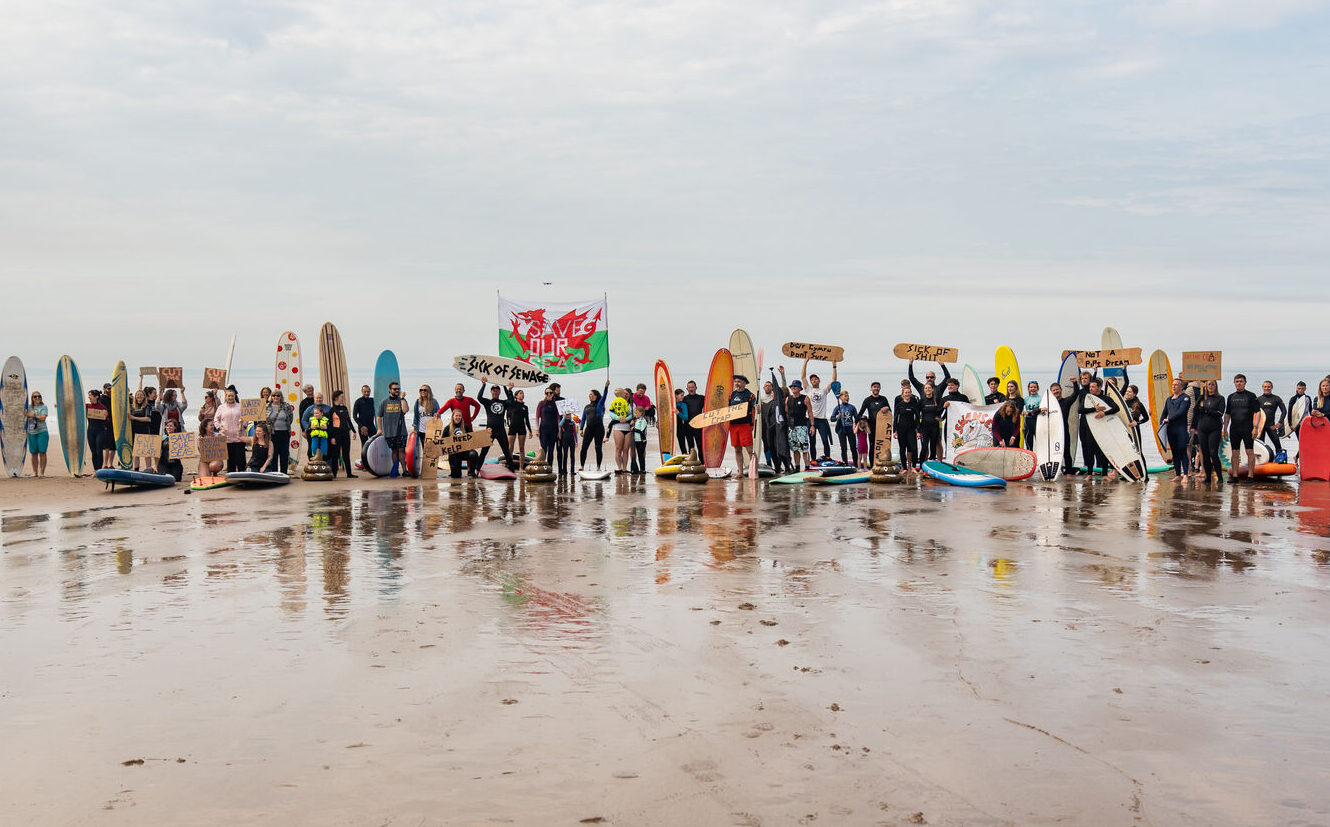Wales’ seas, lakes and rivers are being choked by a water system that is failing people and planet. This scandal won’t be solved by half-measures or PR spin – it needs bold political action. MSs have a key role to play in holding the polluters to account and bringing about real change in the Senedd. That’s why we need them on our side.
Below you’ll find some practical steps to help you influence your MS on sewage pollution – and if you want to take a deeper dive into the what, how and why of turning your MS into a champion for clean water, download the full action guide for even more tips, strategies and info on the changes we’re calling for.

